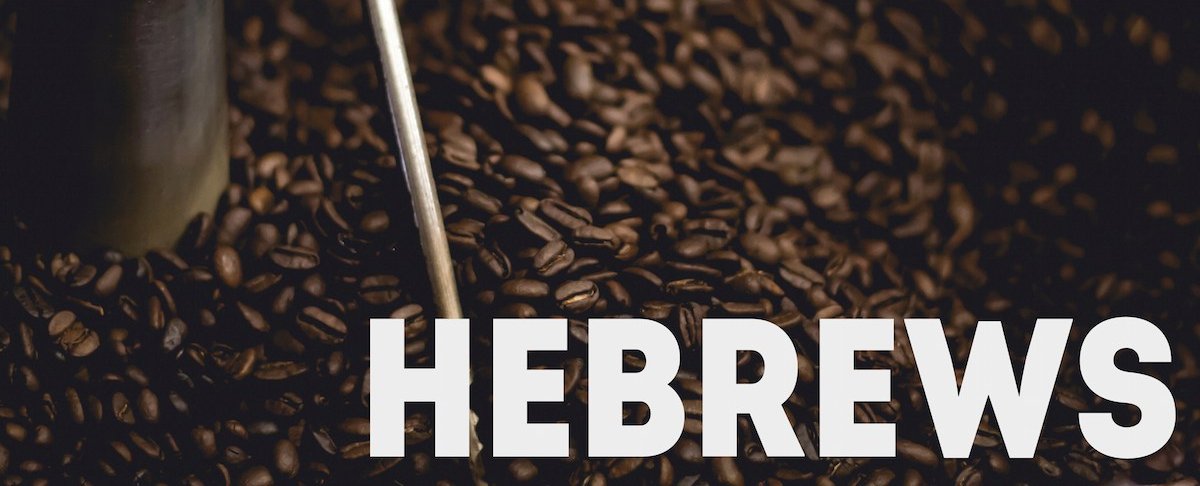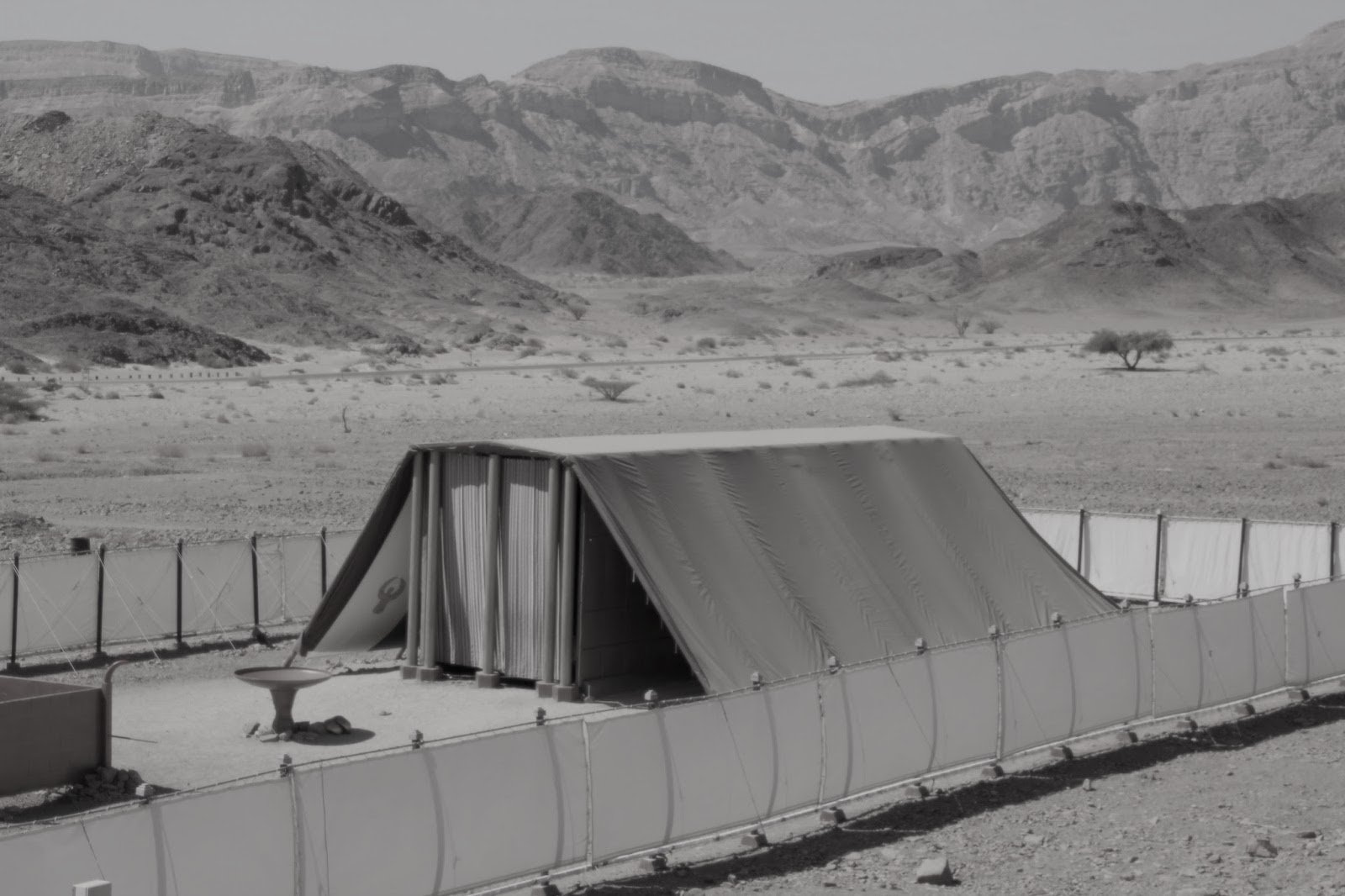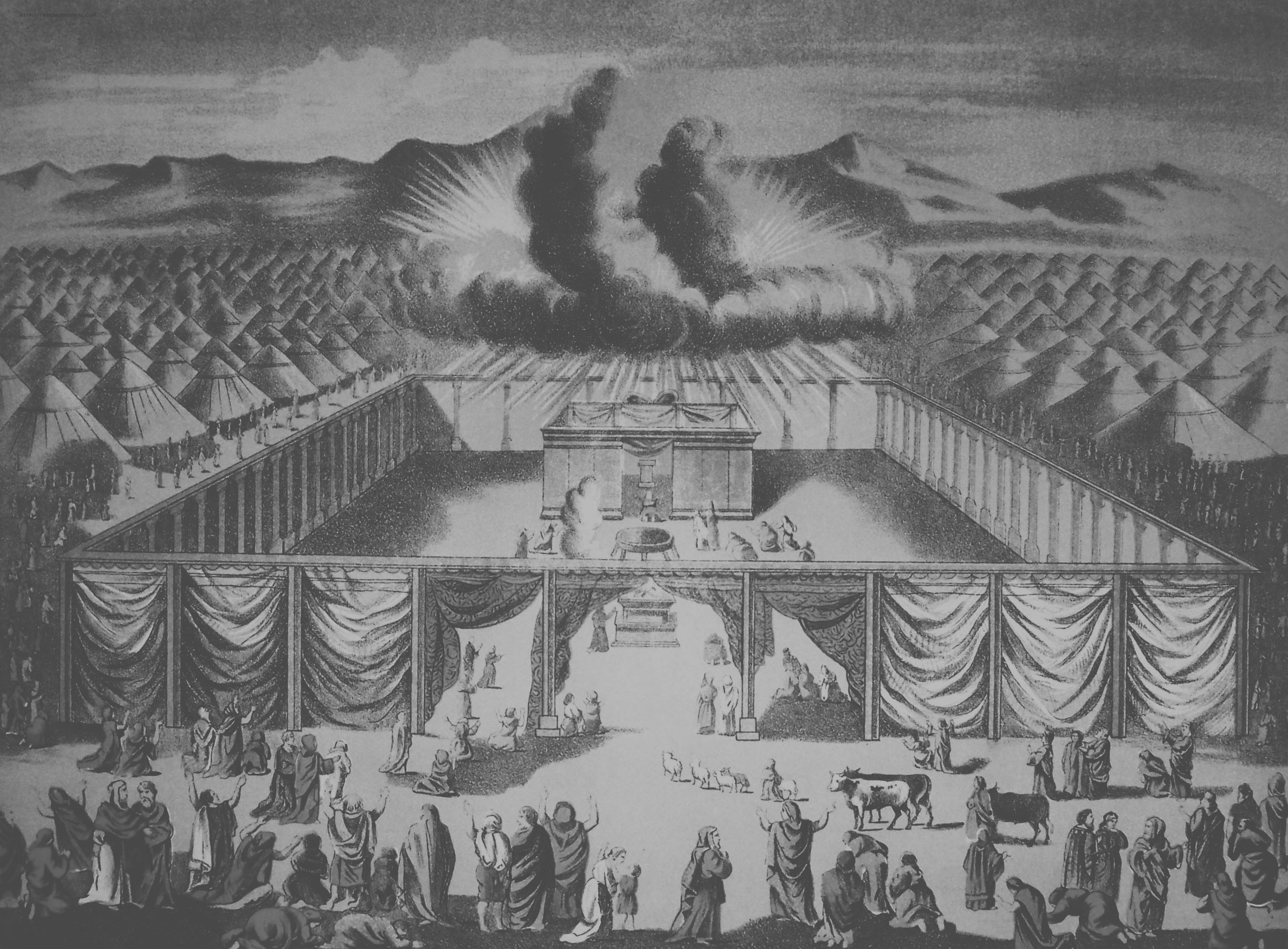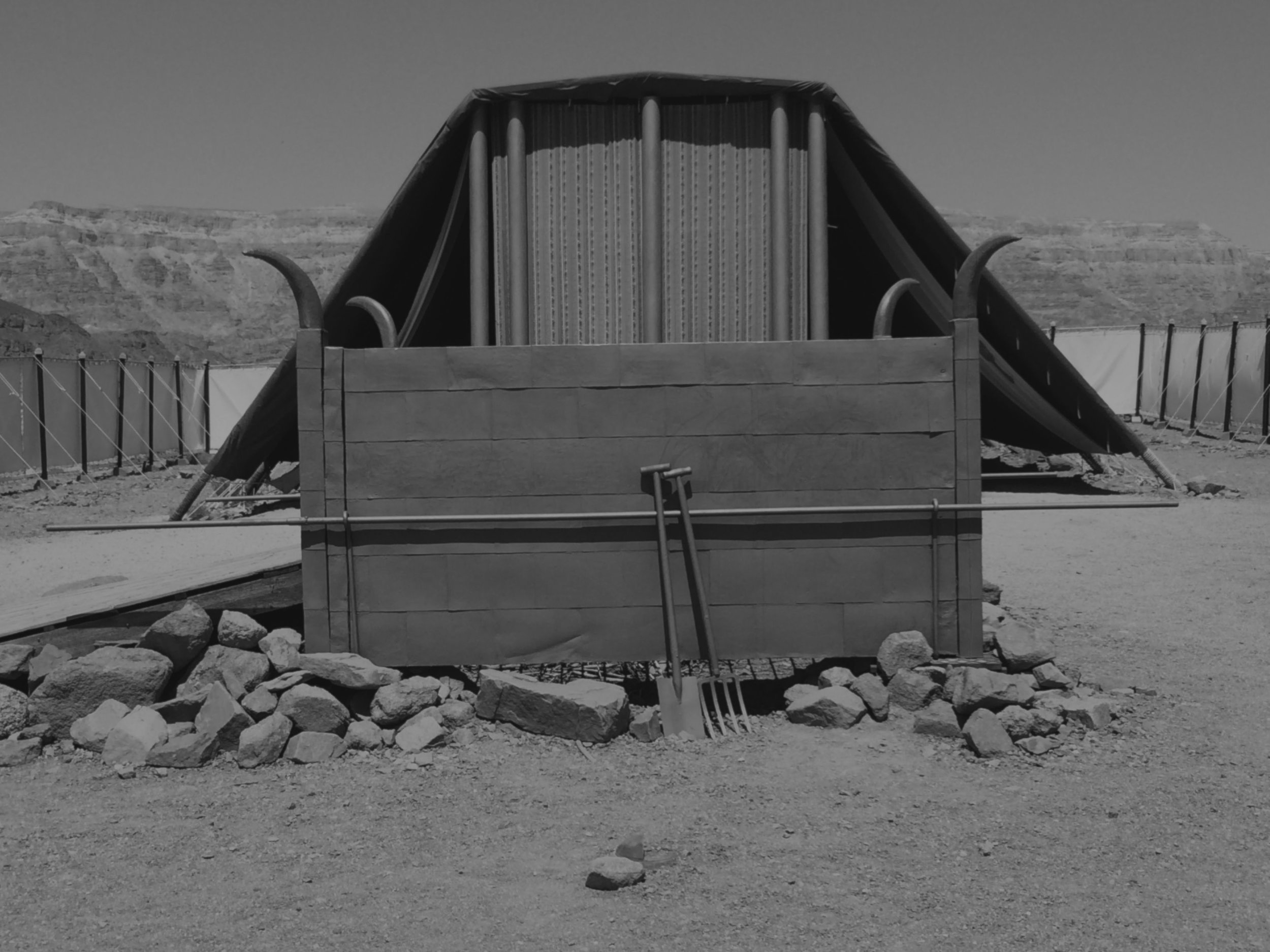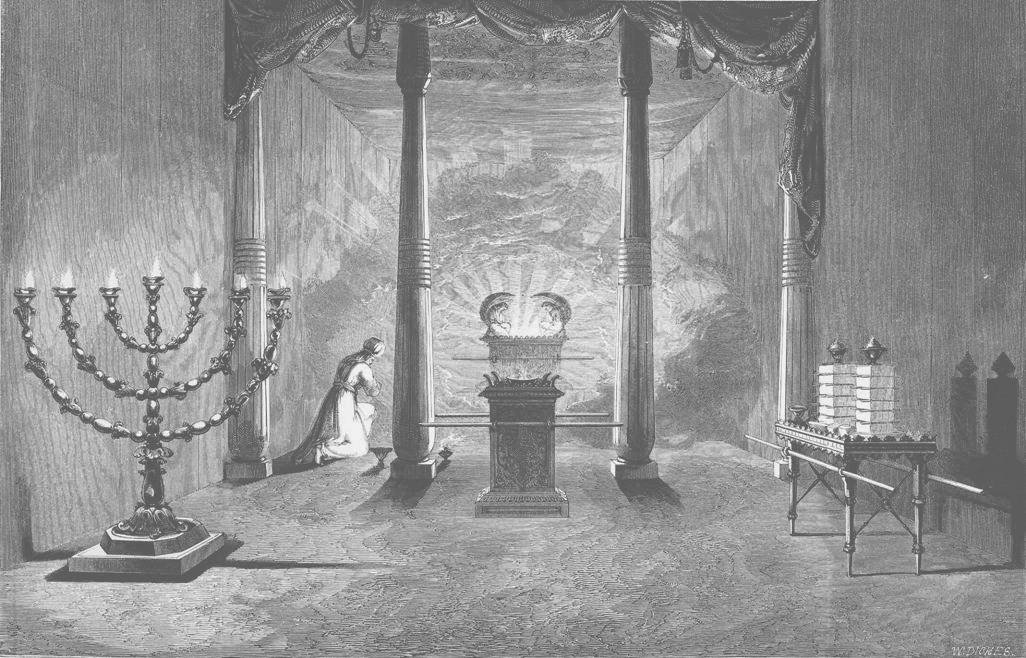John Phillip's Exploring Hebrews
Hebrews is one of my favorite books. In this book, we see that Jesus is greater than any angel, priest, or old covenant institution. We see that Jesus is our great High Priest who is able to sympathize with our weaknesses while also being the perfect sacrifice for our sin. We see that God is our loving Father that uses the affliction in our lives to discipline us to prove that we are His children. In his commentary, John Phillips gives great insight into this amazing book and the depths of God's Word. You need this commentary if you are going to study the book of Hebrews. It should be on your shelf. Below is one of my favorite illustrations from this commentary.
"The believer is given, by God, a tremendous welcome. Mention is made of the place of access. The believer is invited to do something only the high priest of Israel could do: have "boldness to enter into the holy place by the blood of Jesus" (Heb 10:19). We are invited into the Holy of Holies itself.
To picture what this means, imagine a Moabite of old gazing down upon the tents and the tabernacle of Israel from some lofty mountain height. Attracted by what he sees, he descends to the plain and makes his way toward the sacred enclosure surrounding the tabernacle. It is a high wall of dazzling linen, which reaches over his head. He walks around it until he comes to the gate, where he sees a man.
“May I go in there?” he asks, pointing through the gate to where the bustle of activity in the tabernacle’s outer court can be seen.
“Who are you?” demands the man suspiciously. Any Israelite would know he could go in there.
“I am a man from Moab,” the stranger replies.
“Well,” says the man at the gate, “I’m very sorry, but you cannot go in there. It’s not for you. The Law of Moses has barred the Moabite from any part in the worship of Israel until his tenth generation.”
The Moabite looks sad. “What would I have to do to go in there?” he insists.
“You would have to be born again,” replies the gatekeeper. “You would have to be born an Israelite. You would need to be born of the tribe of Judah, perhaps, or of the tribe of Benjamin or Dan.”
Says the Moabite, “I wish I had been born an Israelite, of one of the tribes of Israel.” As he looks more closely, he sees one of the priests, having offered a sacrifice at the brazen altar and cleansed himself at the brazen laver, go on into the tabernacle’s interior.
“What’s in there?” asks the Moabite. “Inside the main building, I mean.”
“Oh,” says the gatekeeper, “That’s the tabernacle itself. Inside there is a room containing a lampstand, a table, and an altar of gold. The man you saw is a priest. He will trim the lamp, eat of the bread upon the table, and burn incense to the living God upon the golden altar.”
“Ah,” sighs the man of Moab, “I wish I were an Israelite so that I could do that. I would love to worship God in that holy place and help to trim the lamp, to offer Him some incense, and to eat at that table.”
“Oh, no,” says the man at the gate, “even I could not do that. To worship in the holy place one must not only be born an Israelite, one must be born of the tribe of Levi and of the family of Aaron.”
The man from Moab sighs again, “I wish,” he says, “I wish I had been born of Israel of the tribe of Levi of the family of Aaron.” Gazing wistfully at the closed tabernacle door, he says, “What else is in there?”
“There’s a veil,” replies his informant. “It is a beautiful veil, I’m told, which divides the tabernacle in two. Beyond the veil is what we call ‘the most holy place,’ ‘the Holy of Holies.’ ”
The Moabite is more interested than ever.
“What’s in the Holy of Holies?” he asks.
“There’s a sacred chest in there called the Ark of the Covenant,” answers the gatekeeper. “It contains holy memorials of our past. Its top is made of gold and we call that the Mercy Seat because God sits there between the golden cherubim. You see that pillar of cloud hovering over the tabernacle? That’s the Shekina glory cloud. It comes to rest on the Mercy Seat.”
Again a look of longing shadows the face of the man from Moab. “Oh,” he says, “if only I were a priest! I should love to go into the Holy of Holies and there gaze upon God and worship Him there in the beauty of holiness.”
“Oh no!” says the man at the gate. “You couldn’t do that even if you were a priest! To enter into the most holy place you would have to be the high priest of Israel. Only he can go in there, nobody else, only he.”
The Moabite’s heart yearns once more. “Oh,” he cries, “if only I had been born an Israelite, of the tribe of Levi of the family of Aaron. If only I had been born the high priest! I would go in there, into the Holy of Holies. I would go in there every day. I would go in three times a day. I would worship continually in the Holy of Holies.”
The gatekeeper looks at him again and once more shakes his head. “Oh no!” he says, “You couldn’t do that. Even the high priest of Israel can go in there only once a year, and then only after the most elaborate of preparations, and even then only for a very little while.”
Sadly the Moabite turns away. He has no hope in all the world of ever entering there.
"Therefore, brothers, since we have confidence to enter the holy places by the blood of Jesus" (Heb 10:19), says the writer of Hebrews. It is a revolutionary truth. It is understandable that the Lord Jesus should enter the Holy of Holies in heaven. But here it is, a tremendous word of welcome, extended to Jew and Gentile alike, to come on in and worship, not in the holiest place of the human tabernacle, but into the Holy of Holies in heaven itself.
But at what cost! We enter there "by the blood of Jesus, by the way which he dedicated for us, a new and living way, through the veil, that is to say, his flesh" (Heb 10:19b-20) That's the price of access. We are taken at once back to Calvary."
This is taken from John Phillips’ Exploring Hebrews commentary.
You can purchase the commentary through Amazon or Kregel Publications.

